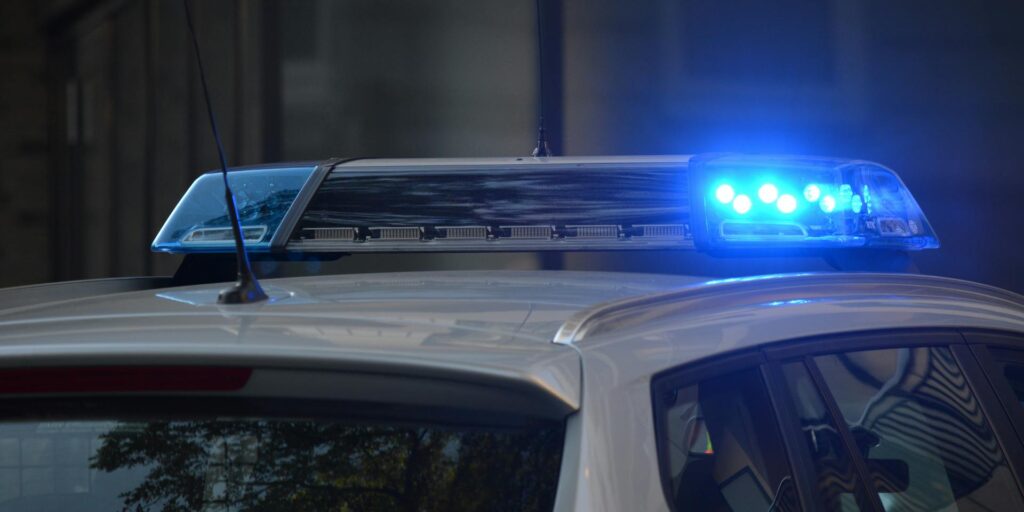- Various types of assault charges can be laid under the Criminal Code - February 25, 2025
- You have the right to self-defence in Canada, within limits - January 6, 2025
- Every Canadian has rights during a police interrogation - November 27, 2024
By LegalMatters Staff • Some drivers are unaware of their rights during a roadside stop. That can lead to misunderstandings and legal troubles, not to mention fines and possible licence suspension.
“Since driving in Canada is a privilege, not a right, Alberta’s Traffic Safety Act grants police the power to pull over vehicles with minimal or no grounds to do so,” says Calgary criminal lawyer Vince Semenuk. “This means that an officer can pull you over they witness you violating traffic laws, such as speeding, or if your driving behaviour arouses suspicion.”
He says officers who pull over vehicles must tell you why you have been stopped or why they want to talk to you and act reasonably and respectfully during any search.
“Always stay calm and polite during a traffic stop,” says Semenuk. “Make sure your hands are visible. If you suddenly reach into your pocket the officer may fear you are drawing a weapon, provoking a possibly serious reaction.”
He says drivers must give their name, address and date of birth, as well as show their driver’s licence, vehicle registration and proof of insurance.
“After that information is given, you do not have to answer any more questions unless an officer asks you to provide a sample of your breath into a screening device,” says Semenuk. “All officers in Alberta are permitted to require you to provide a sample of your breath regardless of whether they have grounds to demand a sample or not.”
He says anyone who refuses will be issued an Administrative Sanction for refusing to comply with a demand, which means they will lose their licence for 15 months and will be subject to other fines and penalties.
“Even if you realize that you are impaired, you are far better off blowing and getting a ‘fail’ reading than refusing to blow outright,” says Semenuk. “That is because the defences for refusal under the SafeRoads Alberta legislation are exceptionally limited compared to the defences available should you blow a ‘fail’ reading.”

